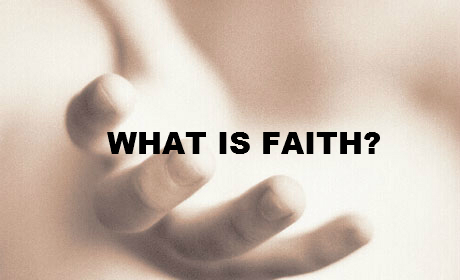Secular Humanism
Secular humanism is a nonreligious worldview that embraces human reason, secular ethics, and philosophical naturalism while specifically rejecting religious dogma, supernaturalism, and superstition as the basis of morality and decision-making. It is based on the Western tradition of liberalism and Enlightenment thought. Secular humanists use compassion, critical thinking, and human experience to find solutions to human problems.
This community welcomes everyone and the rules are very simple.
Maintain a respectful and inclusive community by refraining from engaging in hate speech, including racism, sexism, homophobia, xenophobia, or any form of discrimination targeting individuals based on their religion, race, ethnicity, or belief system. This includes personal attacks, harassment, promotion of harmful ideologies, or spreading divisive content. Violations of this rule will result in content removal and permanent bans. Keep it civil!
Please refrain from posting explicit or not safe for work (NSFW) content. This community should be suitable for all ages and maintain a family-friendly atmosphere.
Please refrain from spamming, advertising, and preaching.
view the rest of the comments

Whether living by the precepts of your religion helps you feel happier, or at least helps you perceive yourself as happier (see pew research study on this). So you could have faith that living by the precepts of your religion will help you feel happier. But it's hard to tell if the results are genuine (i.e. does living a religion cause happiness? Or does feeling like you're living a religion cause happiness? Or are religious people more likely to lie to claim their religion is the cause?).
As a practical example, look at Buddhism, where many (most? all?) schools encourage meditation as a spiritual exercise with the intended result of achieving inner peace and unification with the universe. Practitioners have faith that meditation will bring them closer to that goal, and that faith is strengthened the more they experience results.
There are secular reasons to explain these of course (e.g. networking effect of attending religious services, value of rest, etc). The difference is the reason they're practiced can build faith in the divine instead of just trust in a practice.
And some external tests:
I imagine these tests would not be definitive though, since it's hard, if not impossible, to establish causation for subjective things like "happiness" and "satisfaction."
I disagree. If we don't have much evidence and need to come up with an explanation, we guess. And if our guesses are proven consistent as new evidence becomes available, our confidence in that guess grows.
I'll use one of my favorite allegories here, Plato's allegory of the cave. It's not a perfect fit here, but I think it's applicable. There are two perspectives I'd like to look at:
Both find it difficult to believe things they haven't seen, and give a lot of value to things they can see. Both need to make guesses as to what's going on given the limited facts they have. The difference imo is in the type of evidence they're willing to accept to change their beliefs.
The study was to determine whether prayer helps in recovery. There's two ways (maybe more) this could be interpreted:
The second is probably the intent here, but it's easy to see the first get misconstrued (esp. since they had a group that got the placebo), and it seemed from context that's what you were doing. I apologize if I was putting words in your mouth, but that was my interpretation.
So, if we assume the second was the intent, all the study proves is that knowing someone is praying for you doesn't really change recovery outcomes, since the difference was within margin of error (the article's words, I didn't look into the methodology). It doesn't prove prayer to be ineffective in total (again, can't control for God), just that knowing someone is praying for you doesn't do anything. And the study also fell short in that it doesn't examine impact to the people doing the praying, since much of the point of praying for someone is to help the person doing the prayer (it's a small act of care for someone else).
All that word salad to say there are no examples of any tests of intangibles. Wouldn't it have been simpler to just say that?
You can disagree all you like but believing in anything without evidence is nothing short of gullibility. And before you pull out the oft-touted baloney that belief is a choice, go submerge yourself in a bathtub and try to breathe because you choose to believe that you can, then tell me that.
Once more, the study was a double-blind study on the effects of intercessory prayer and the result was that there was no effect found more than chance. SPEAKING AS A MOD, ONE MORE ATTEMPT TO CLAIM THIS WAS A TEST OF GOD WILL RESULT IN A TEMPORARY BAN.
He was told to repost the comment without his passive-aggressive last sentence. Guess he doesn't want to so it's time to lock this thread.